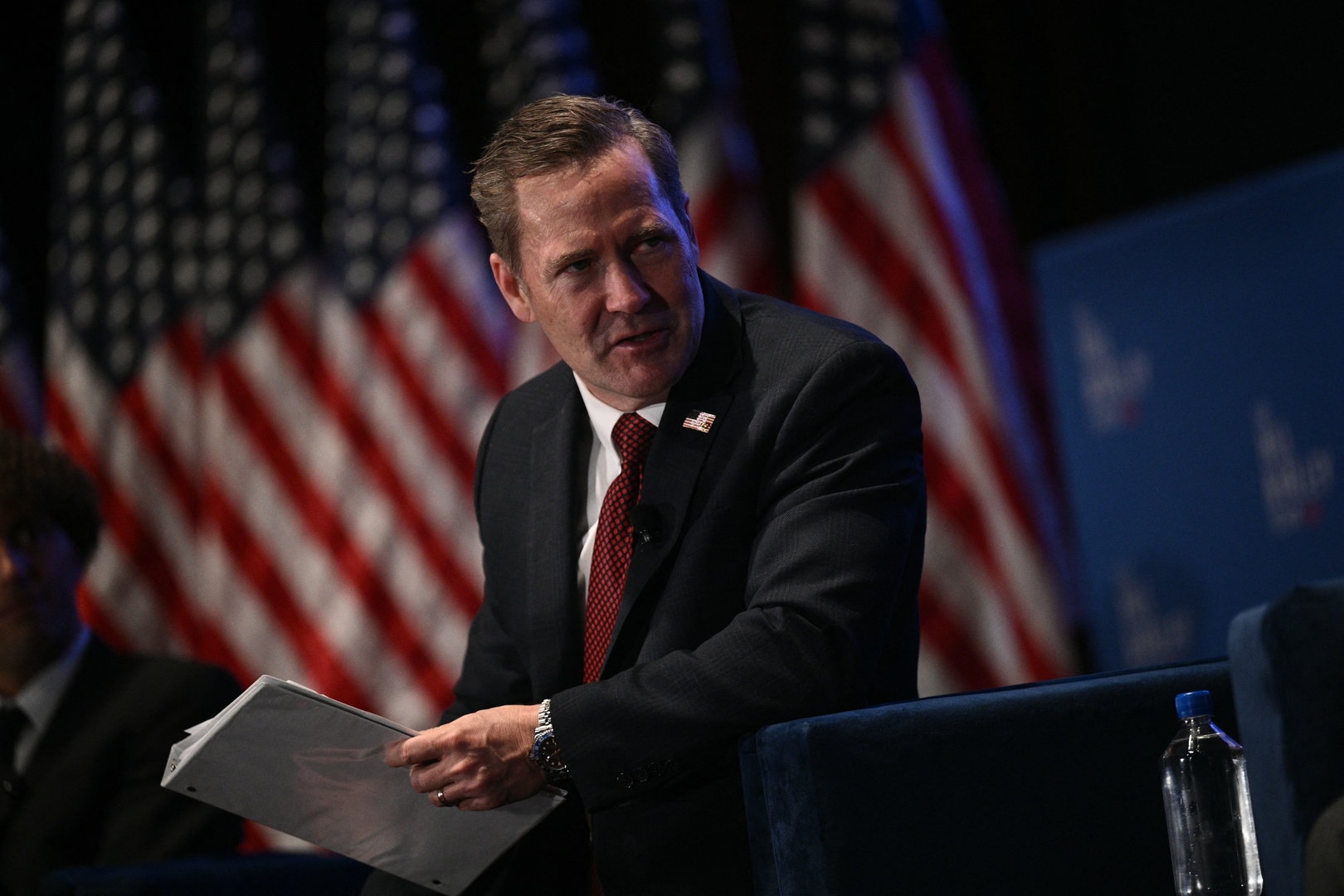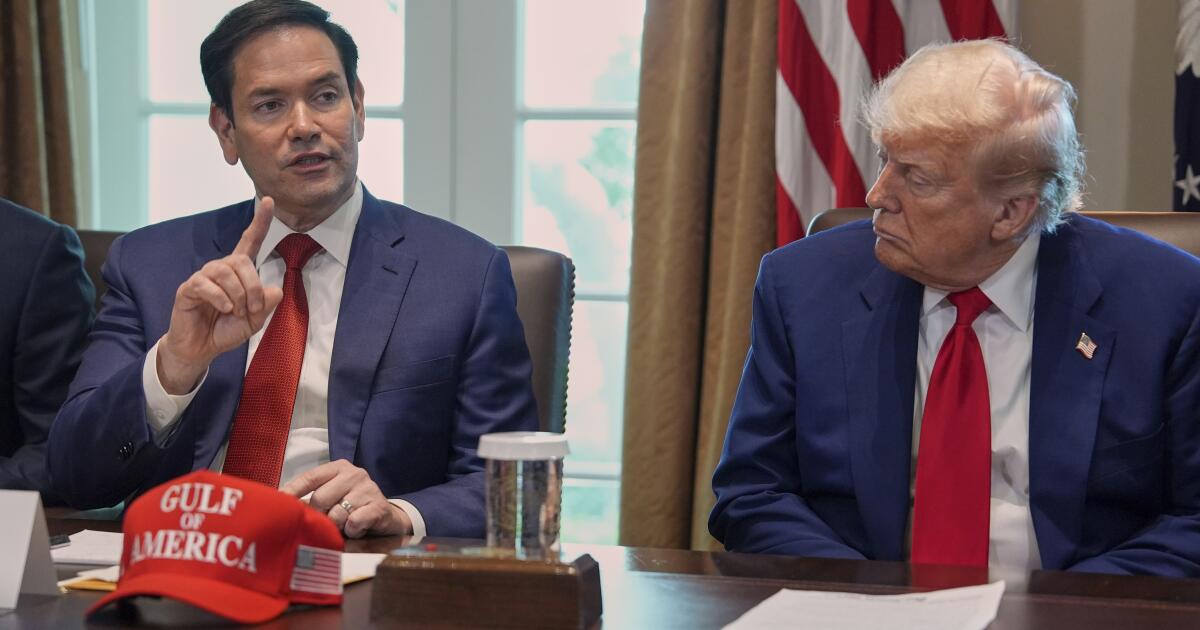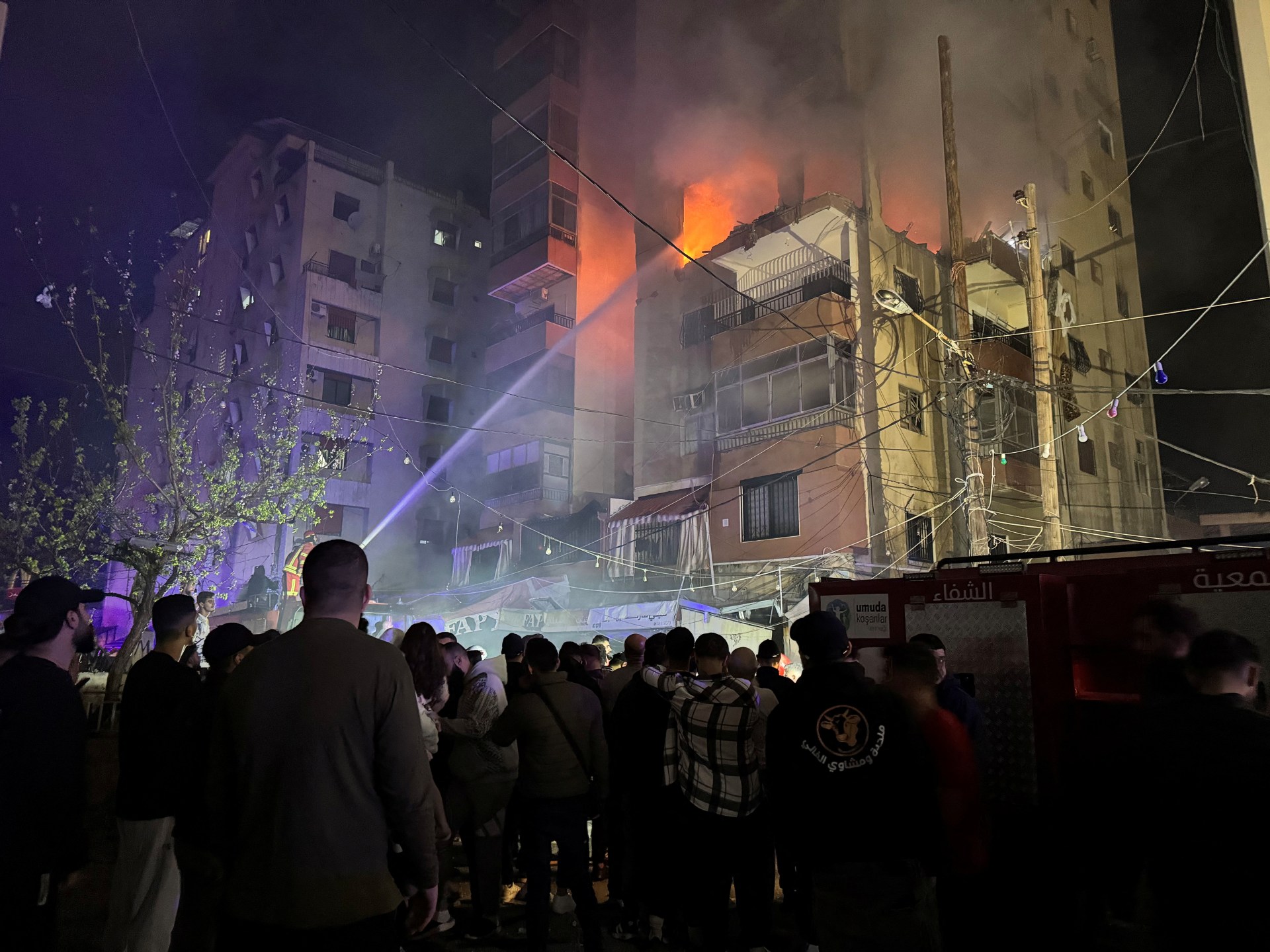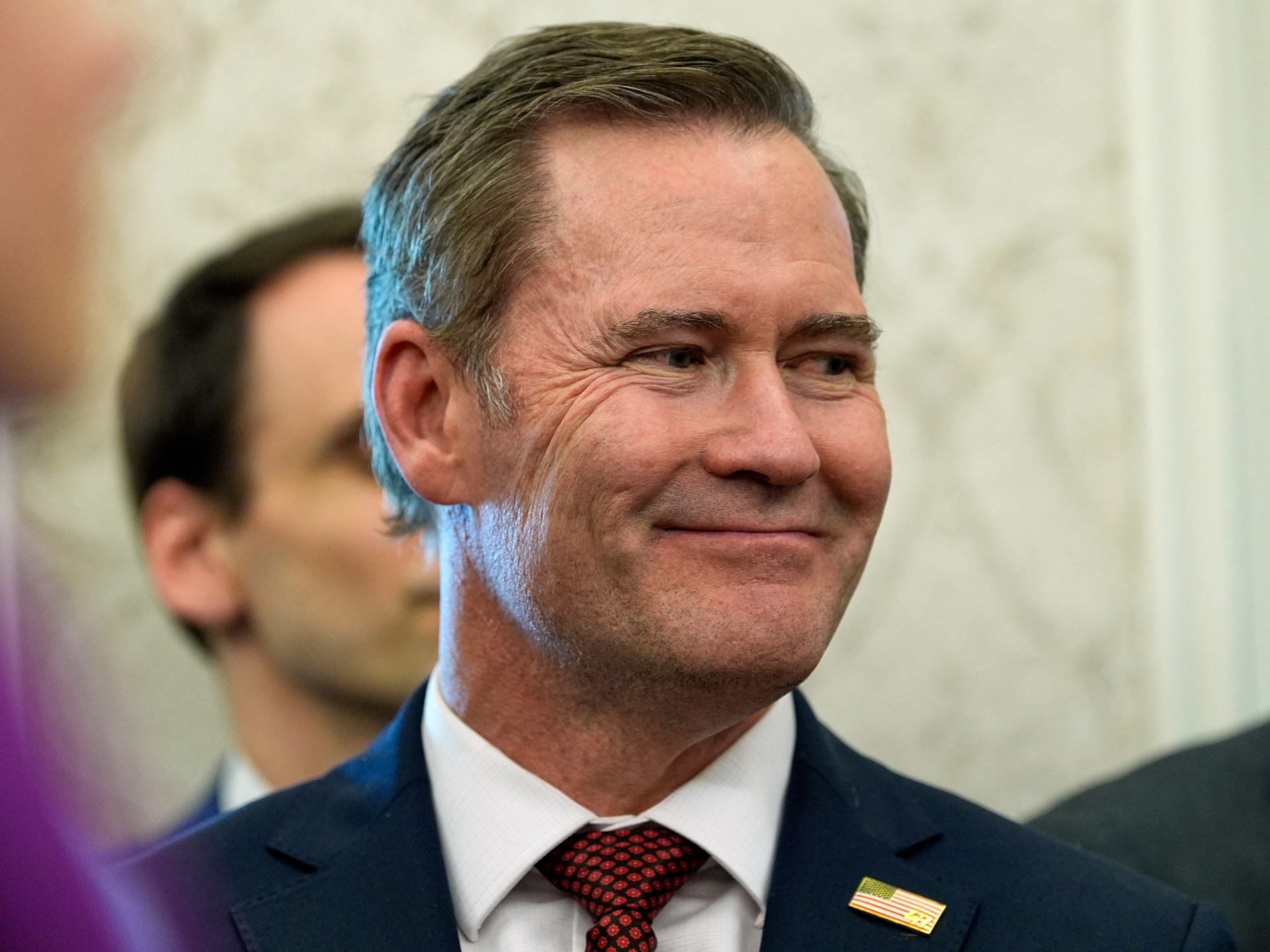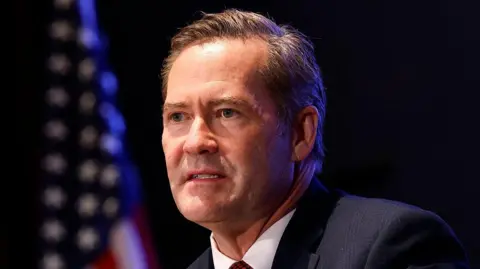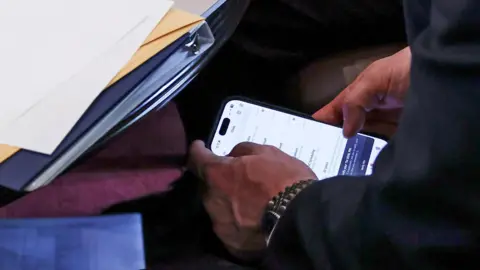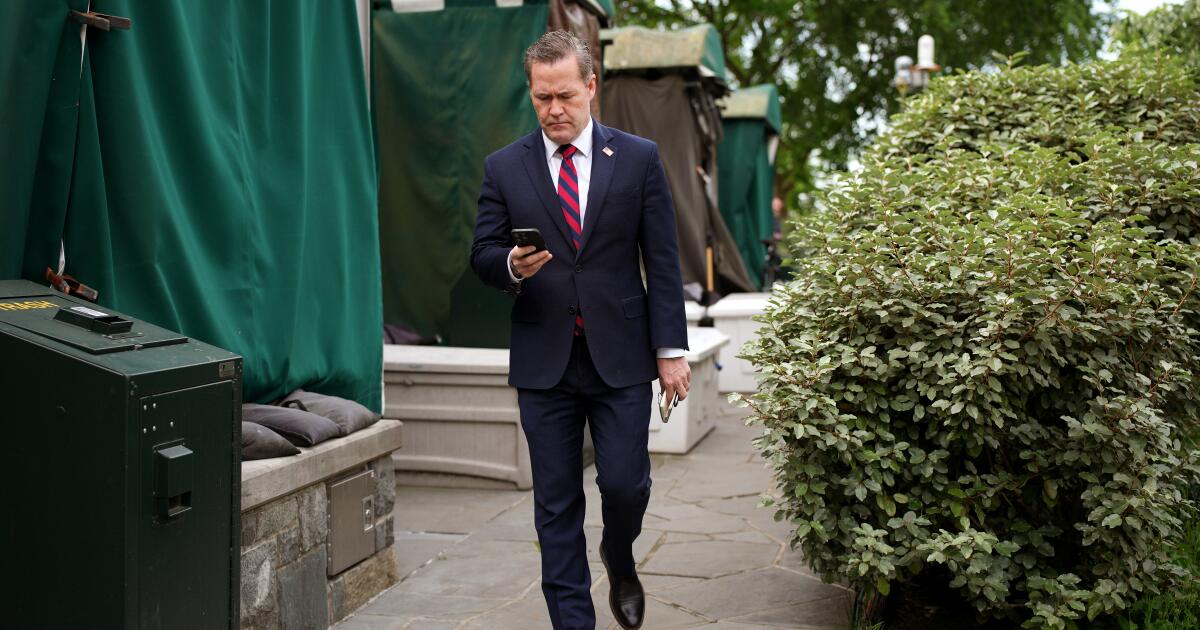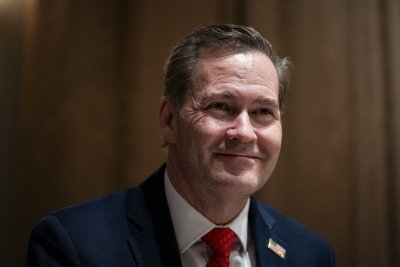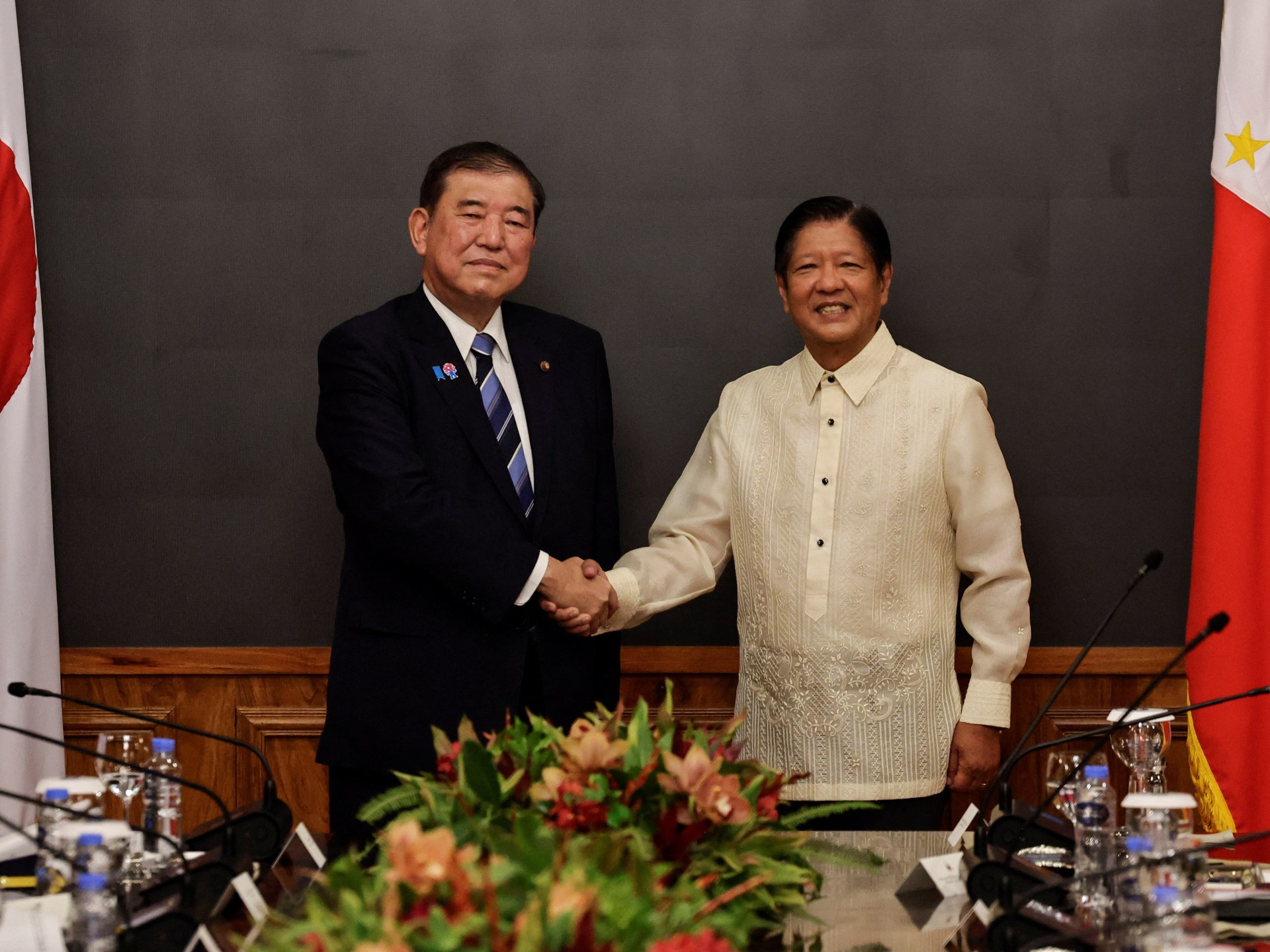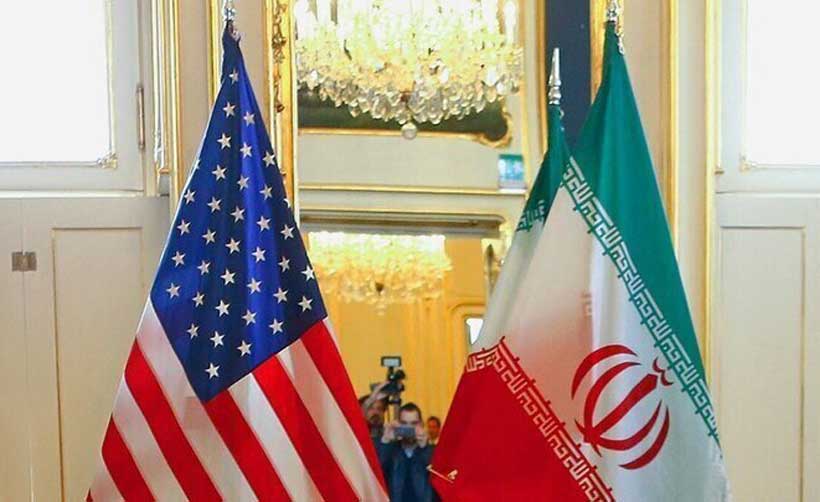WASHINGTON — Secretary of State Marco Rubio has been thrown into two top national security jobs at once as President Trump presses forward with his top-to-bottom revamp of U.S. foreign policy, upending not only long-standing policies that the former Florida senator once supported but also the configuration of the executive branch.
Trump’s appointment of Rubio to temporarily replace Mike Waltz as national security advisor is the first major leadership shake-up of his second administration, but Waltz’s removal had been rumored for weeks — ever since he created a Signal group chat and accidentally added a journalist to the conversation in which top national security officials shared sensitive military plans.
So, just over 100 days into his tenure as America’s top diplomat, Rubio now becomes just the second person to hold both positions. He follows only the late Henry Kissinger, who served as both secretary of State and national security advisor for two years under Presidents Nixon and Ford in the 1970s.
Rubio — a onetime Trump rival and hawkish conservative who was derided by the president as “Little Marco” during the 2016 presidential campaign — has proven adept at aligning himself with Trump’s “America First” foreign policy positions. Rubio has largely eschewed his staunch advocacy of providing foreign aid and promoting democracy overseas since taking over the State Department, repeating a refrain that every policy or program should make America safer, stronger or more prosperous.
Rubio leads during Trump’s massive changes
Since being confirmed in a 99-0 Senate floor vote, Rubio has presided over a radical reorganization of the State Department. That includes the dismantling of the U.S. Agency for International Development and plans to cut U.S. jobs by 15% while closing or consolidating more than 100 bureaus worldwide. He has also begun a major cull of the visa system, revoking hundreds, if not thousands, of visas issued to foreign students.
He has overseen the negotiation of agreements to send immigrants accused of crimes to third countries, most notably to El Salvador, in cases that are now being challenged in federal courts.
“Marco Rubio, unbelievable,” Trump said Thursday before announcing on social media that Waltz would be nominated as ambassador to the United Nations and Rubio would take over as national security advisor in the interim. “When I have a problem, I call up Marco, he gets it solved.”
That’s a far cry from 2016, when Rubio and Trump were competing for the GOP presidential nomination and Rubio warned that Trump was a threat. After Trump won, the relationship remained contentious, but eight years later, Rubio was an enthusiastic Trump supporter who worked his Florida bona fides to get into the president’s inner circle.
Yet, even after Rubio was nominated to the top diplomatic job, doubts remained. Many pundits suggested he would last only a short time in office before Trump dismissed him in the same way he did his first-term secretary of State, Rex Tillerson, who was fired by tweet in 2018 just 18 months into the job.
Yet Rubio has been resilient. And as of Thursday, he oversees both the State Department and the National Security Council, which is responsible for coordinating all executive branch foreign policy functions, ranging from diplomatic to military and intelligence operations.
Thomas Wright, an NSC official during the Biden administration who is now a senior fellow at the Brookings Institution, said the national security advisor post alone is “more than a full-time job.”
“It is just very hard to comprehend the idea that you can do this job sort of part time,” Wright said.
He said he watched national security advisor Jake Sullivan and his deputy work 14-15 hours a day, six to seven days a week: “I think they felt that they had to do that to do the job properly.”
Rubio says little so far on his additional role
Appearing Thursday night on Fox News Channel’s “Hannity,” Rubio was not asked to weigh in on the president’s decision to tap him as national security advisor but did joke that he was barred from adding pope to his list of many jobs because he is married.
But as he marked the first 100 days of Trump’s latest term, Rubio applauded the president for his vision.
“I am honored by the trust President Trump placed in me and I am proud of the work the Department of State has done over the past hundred days to implement his agenda and put the American people first,” he wrote Wednesday in a State Department Substack post.
One of Rubio’s former Florida statehouse colleagues, Dan Gelber, a Democrat, said of Rubio’s increasing responsibilities that “Marco is probably, to a certain extent, one of the more reliable Cabinet officers, if not the most reliable.”
“And I can only believe those qualities are even more vital to his current confluence of positions and growing portfolio,” Gelber said. “He’s not a chaos guy, and I’ve always sort of wondered how he’s going to do in an administration where there seems to be so much chaos. And maybe that’s why he’s getting all these positions.”
Rubio’s dual-hatted role comes on top of him serving as acting administrator of the largely shut down USAID and as acting head of the National Archives. It puts him in a similar position to that of Trump’s longtime personal friend and golfing buddy Steve Witkoff.
As a special envoy, Witkoff is the lead U.S. negotiator in the Iran nuclear talks and in administration peace efforts for the Israel-Hamas war and the Ukraine-Russia war.
In many ways, Rubio and Witkoff are following in the footsteps of Trump’s son-in-law Jared Kushner, who had multiple roles in the first administration, ranging from brokering peace in the Middle East to dealing with Latin America and immigration.
How Rubio’s expanded duties are seen at the State Department
State Department officials appeared taken aback by Trump’s appointment of Rubio as acting national security advisor. Spokeswoman Tammy Bruce said at a briefing Thursday that she learned the news from a journalist who asked her a question about Trump’s post minutes after it appeared on social media.
Officials, however, have noted that Rubio in recent weeks has spent an increasingly large amount of time at the White House away from his posh seventh-floor State Department office in what is known as “Mahogany Row,” a corridor known for its wood paneling.
At the same time, these officials, who spoke on condition of anonymity to discuss the personnel shift, said they did not expect Rubio’s duties as secretary of State to change significantly. He still plans to travel on diplomatic missions abroad and likely will delegate at least some of the NSC management to others, they said.
Lee and Amiri write for the Associated Press. Amiri reported from the United Nations.
